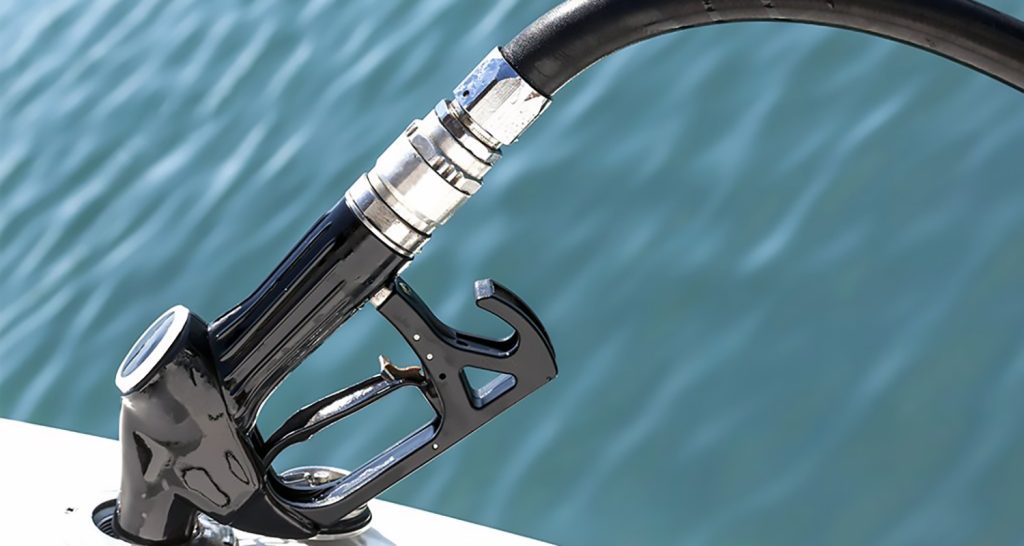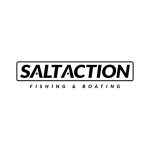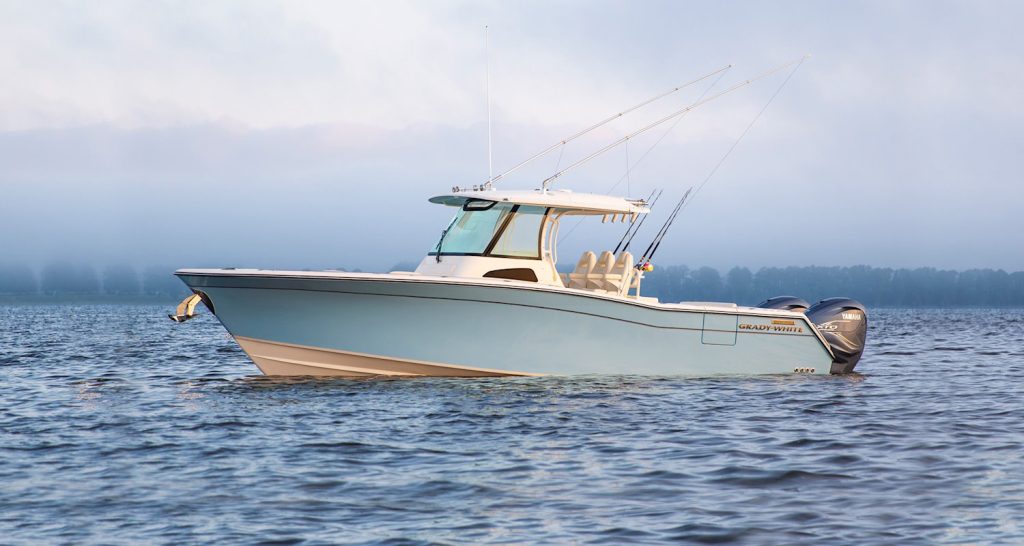Until ethanol was added to the gasoline supply in the United States, the greatest piece of advice was to let the tank go as close to empty as it could, so that you could fill it up with new gas at the beginning of the next season.
Boat fuel systems don't fully close, and wet air can enter through fuel tank vents. If your gas tank is kept only partially full allowing for expansion, water droplets can form and combine with the fuel. This combination might ultimately lead to your engine running slower or breaking down. To prevent this, understanding fuel maintenance during winterization is crucial.
Why Fill Your Internal Boat Gas Tank During A Freeze
Condensation inside built-in gas tanks is often caused by daily cycles of freezing and thawing. One of the primary goals of modern winterization is to eliminate the possibility of condensation collecting on the tank walls. Since boat fuel systems are not fully sealed, moist air is drawn in through the vent. It is important to remember that sealing a vent is dangerous and could cause the fuel system to explode or become damaged.
If your gas tank is kept close to full, water droplets won't have the opportunity to form and mix with the fuel. This prevents phase separation—a process where water and ethanol separate from gasoline, sinking to the bottom of the fuel tank, which can cause your engine to slow down or become damaged. To maintain fuel integrity, consider using a high-quality fuel treatment like boat fuel treatment to protect your engine.
Recommended Boat Fuel Treatment
When filling your boat's gas tank, adding a protective fuel stabilizer is a good practice, especially if your boat will be unused for an extended period. A quality stabilizer helps prevent fuel degradation and engine issues.
One of the best options is Star Tron Enzyme Fuel Treatment by Star Brite, a multipurpose additive using cutting-edge enzyme technology to correct ethanol-related fuel issues. Whether you're using ethanol fuel or your boat has been dormant for months, Star Tron makes starting easier and helps the engine run smoothly.
External Boat Gas Tanks
Portable gas tanks should be removed and emptied during a hard winter or deep freeze to prevent condensation and fuel issues. Browse portable boat gas tanks for the right equipment to handle winter storage.
Overview
- Modern winterization aims to prevent condensation in built-in gas tanks due to daily freezing and thawing cycles.
- Boat fuel systems aren't fully sealed, allowing wet air to enter through fuel tank vents.
- If the gas tank is left partially full, water droplets can form and combine with fuel containing 10% ethanol, leading to phase separation.
- Phase separation occurs when water and ethanol separate from gasoline in storage tanks, potentially causing engine issues or breakdowns.
- Star Tron Enzyme Fuel Treatment corrects ethanol-related issues, making it easier to start and run your engine efficiently.
- Sealing a fuel vent can cause the gasoline system to explode, so never close the vent completely.
- During a harsh winter, empty or remove portable gas tanks to avoid fuel degradation.
- Always check your marina's gasoline storage rules before storing your boat.






Well put, especially during storage.
Up north for sure. Living in Texas winter isn’t that big of a deal but the moisture sure is..